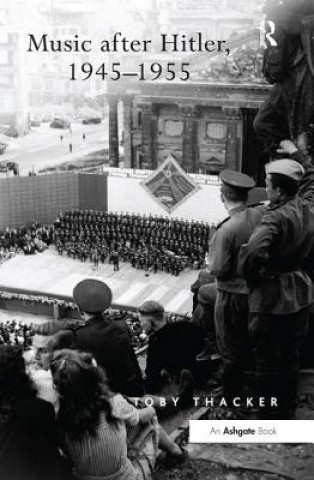
Kód: 04680040
Music after Hitler, 1945-1955
Autor Toby Thacker
The political control of music in the Third Reich has been analysed from several perspectives, and with ever increasing sophistication. However, music in Germany after 1945 has not received anything like the same treatment. Rather ... celý popis
- Jazyk:
 Angličtina
Angličtina - Vazba: Pevná
- Počet stran: 296
Nakladatelství: Taylor & Francis Ltd, 2007
- Více informací o knize

Mohlo by se vám také líbit
-

Statistical Physics
8086 Kč -
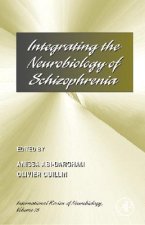
Integrating the Neurobiology of Schizophrenia
4952 Kč -
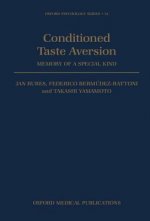
Conditioned Taste Aversion
4828 Kč -

Canciones de Espana
2445 Kč -
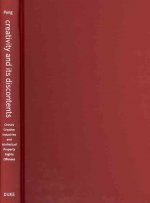
Creativity and Its Discontents
3714 Kč -
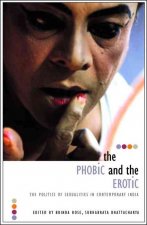
Phobic and the Erotic - The Politics of Sexualities in Contemporary India
2798 Kč -

Temný případ 2.série 3DVD
304 Kč
Dárkový poukaz: Radost zaručena
- Darujte poukaz v libovolné hodnotě a my se postaráme o zbytek.
- Poukaz se vztahuje na celou naši nabídku.
- Elektronický poukaz vytisknete z e-mailu a můžete ihned darovat.
- Platnost poukazu je 12 měsíců od data vystavení.
Více informací o knize Music after Hitler, 1945-1955
Nákupem získáte 556 bodů
 Anotace knihy
Anotace knihy
The political control of music in the Third Reich has been analysed from several perspectives, and with ever increasing sophistication. However, music in Germany after 1945 has not received anything like the same treatment. Rather, there is an assumption that two separate musical cultures emerged in East and West alongside the division of Germany into two states with differing economic and political systems. There is a widely accepted view of music in West Germany as 'free', and in the East subject to party control. Toby Thacker challenges these assumptions, asking how and why music was controlled in Germany under Allied Occupation from 1945-1949, and in the early years of 'semi-sovereignty' between 1949 and 1955. The 're-education' of Germany after the Hitler years was a unique historical experiment and the place of music within this is explored here for the first time. While emphasizing political, economic and broader social structures that influenced the production and reception of different musical forms, the book is informed by a sense of human agency, and explores the role of salient individuals in the reconstruction of music in post-war Germany. The focus is not restricted to any one kind of music, but concentrates on those aspects of music, professional and amateur, live and recorded, which appeared to be the mostly highly charged politically to contemporaries. Particular attention is given to 'denazification' and to the introduction of international music. Thacker traces the development of a divide between Communist and liberal-democratic understandings of the place of music in society. The contested celebrations of the Bach Year in 1950 are used to highlight the role of music in the broader cultural confrontation between East and West. Thacker examines the ways in which central governments in East and West Germany sought to control and influence music through mechanisms of censorship and positive support. The book will therefore be of interest not only to musicologists, but also to specialists in German post-war history and cultural historians in general.
 Parametry knihy
Parametry knihy
Zařazení knihy Knihy v angličtině Humanities History History: specific events & topics
5563 Kč
- Plný název: Music after Hitler, 1945-1955
- Autor: Toby Thacker
- Jazyk:
 Angličtina
Angličtina - Vazba: Pevná
- Počet stran: 296
- EAN: 9780754653462
- ISBN: 0754653463
- ID: 04680040
- Nakladatelství: Taylor & Francis Ltd
- Hmotnost: 572 g
- Rozměry: 161 × 240 × 25 mm
- Datum vydání: 28. January 2007
Oblíbené z jiného soudku
-

Man's Search for Meaning
175 Kč -
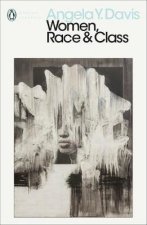
Women, Race & Class
290 Kč -

Pianist
279 Kč -

Out Of Place
302 Kč -
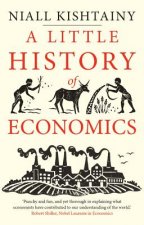
Little History of Economics
350 Kč -
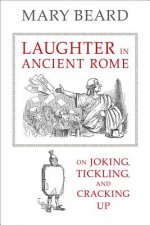
Laughter in Ancient Rome
501 Kč -

Civilization and Capitalism, 15th-18th Century
1634 Kč -

Armies of Medieval Burgundy 1364-1477
394 Kč -

Night
249 Kč -
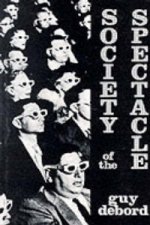
Society of the Spectacle
290 Kč -

Imperialism: The Highest Stage of Capitalism
196 Kč -

Man's Search For Meaning
410 Kč -
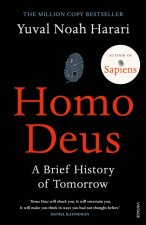
Homo Deus
274 Kč -

Ordinary Men
323 Kč -

Black Earth
378 Kč -

The Complete MAUS
487 Kč -

The Rape of Nanking
476 Kč -

Madness and Civilization
475 Kč -

Conquerors
323 Kč -

Stoned
276 Kč -

Twelve Years a Slave
89 Kč -

At Home
302 Kč -
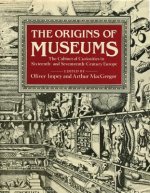
Origins of Museums
1411 Kč -

Measure of a Man
373 Kč -
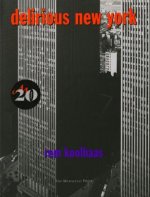
Delirious New York
714 Kč -

Eichmann in Jerusalem
323 Kč -

Mein Kampf - The Ford Translation
1005 Kč -

Bloodlands
378 Kč -

Guns, Germs and Steel
378 Kč -

Cold War Submarines
877 Kč -
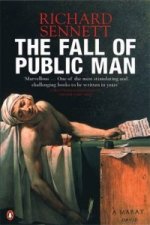
Fall of Public Man
410 Kč -

Che Guevara
547 Kč -

Dancing In The Streets
302 Kč -

Fix the Pumps
361 Kč -

Blue
964 Kč -

Revolutionary Yiddishland
335 Kč -

Commandant Of Auschwitz
302 Kč -
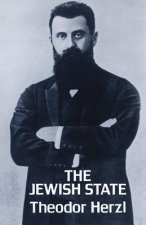
Jewish State
288 Kč -
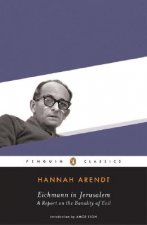
Eichmann in Jerusalem
381 Kč -

Reflections on the Revolution in France
249 Kč -
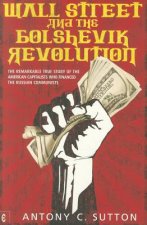
Wall Street and the Bolshevik Revolution
356 Kč -

Corgi Toys
461 Kč -

Night
276 Kč -

Wreck of the Titan
322 Kč -

McMafia
302 Kč -

Intimate History of Humanity
356 Kč -
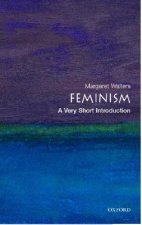
Feminism: A Very Short Introduction
249 Kč -
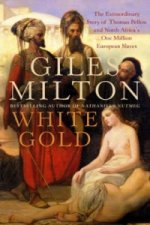
White Gold
356 Kč -
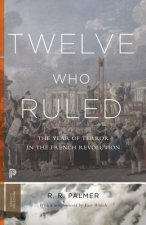
Twelve Who Ruled
599 Kč
Osobní odběr Praha, Brno a 12903 dalších
Copyright ©2008-24 nejlevnejsi-knihy.cz Všechna práva vyhrazenaSoukromíCookies



 Vrácení do měsíce
Vrácení do měsíce 571 999 099 (8-15.30h)
571 999 099 (8-15.30h)